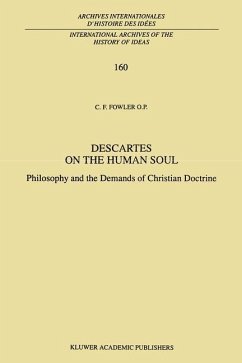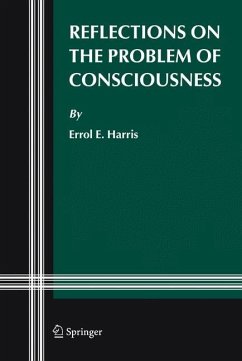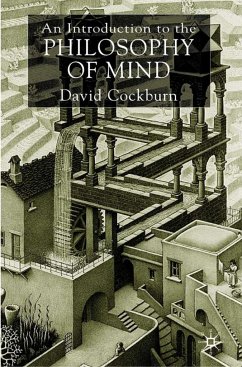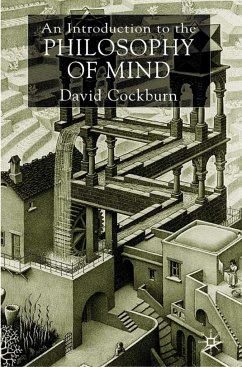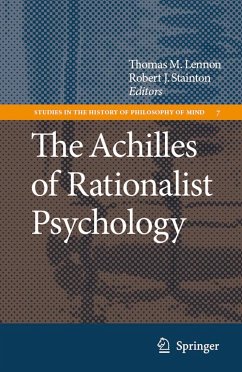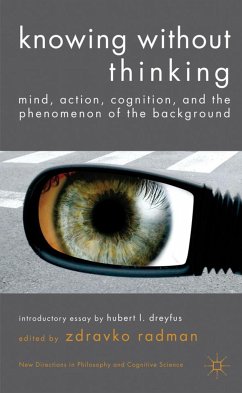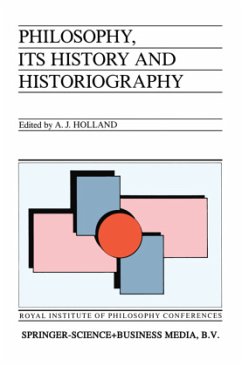
Descartes' Philosophical Revolution: A Reassessment
Versandkostenfrei!
Versandfertig in 6-10 Tagen
38,99 €
inkl. MwSt.

PAYBACK Punkte
19 °P sammeln!
Ben-Yami shows how the technology of Descartes' time shapes his conception of life, soul and mind-body dualism; how Descartes' analytic geometry helps him develop his revolutionary conception of representation without resemblance; and how these ideas combine to shape his new and influential theory of perception.






